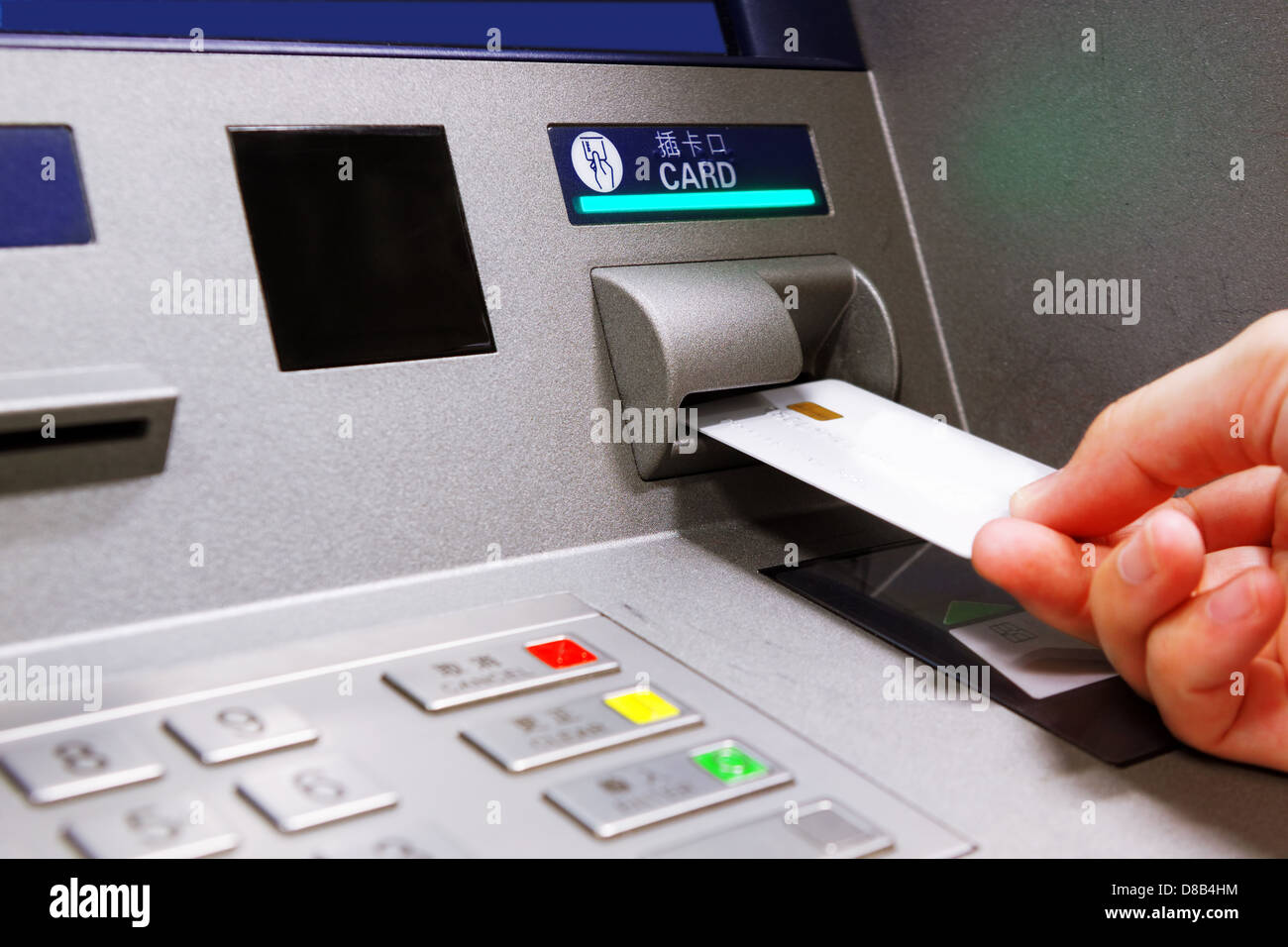In the increasingly digital world, cybercrime has evolved into a complex and dangerous landscape. Among the bclub many terms circulating in underground communities, two have gained attention: “bclub premium dumps” and “CVV2.” While these may be unfamiliar to the average person, they’re crucial to understand—especially for those who care about digital safety, data privacy, and avoiding legal trouble.
In this blog, we’ll break down what these terms mean, how they’re used in cybercriminal circles, and why it’s essential to understand the risks involved. Most importantly, we’ll explain why you should stay far away from these activities and how to protect yourself.
What Is “bclub”?
“bclub” is often associated with an underground marketplace or group where cybercriminals buy and sell stolen credit card data, including bclub.tk card dumps and CVV2 codes. It’s not a legitimate business, nor is it something you want to be involved with—even accidentally. The term “premium” usually refers to higher-quality, verified stolen data, which makes it more valuable (and more dangerous) in the black market.
Note: The name “bclub” is used generically across the internet and might change or be mimicked by other criminal forums. Always be cautious when encountering suspicious-sounding platforms.
Understanding “Dumps” and “CVV2”
Before diving deeper, it’s important to clarify these technical terms:
1. Dumps
“Dumps” refer to raw data stolen from a credit or debit card’s magnetic stripe. This data includes the Primary Account Number (PAN), expiration date, and sometimes the cardholder’s name. It can be used to create cloned cards or perform unauthorized transactions.
Dumps are typically stolen through:
- Point-of-Sale (POS) malware
- ATM skimmers
- Data breaches
- Malware-infected e-commerce websites
2. CVV2
“CVV2” stands for Card Verification Value 2, the 3-digit number on the back of a Visa/MasterCard or the 4-digit code on the front of American Express cards. This number is required for online purchases and acts as a security feature.
When hackers have access to both the card number and the CVV2, they can often bypass basic security checks on many websites—making the data far more valuable.
How This Information Is Used
In the world of cybercrime, stolen data from credit cards is sold to fraudsters who use it to:
- Make unauthorized purchases
- Withdraw cash
- Create counterfeit cards
- Purchase luxury goods and resell them
- Fund other criminal enterprises
Some “bclub” marketplaces even offer guarantees or replacements if a card doesn’t work—just like a legitimate e-commerce site, except for illegal goods.
The Legal Implications
It cannot be overstated: buying, selling, or using stolen credit card information is illegal. Whether you’re an active participant or a passive user who stumbles into one of these sites, you could face serious legal consequences:
- Felony charges
- Jail time (often 5-20 years depending on jurisdiction)
- Heavy fines
- Permanent criminal record
- Bans from financial services
Even “just looking” or accessing these forums can put you under investigation by cybercrime units and federal agencies.
How Cybercriminals Cover Their Tracks
Advanced hackers who use services like “bclub” often go to extreme lengths to hide their identity:
- Using VPNs and Tor to browse anonymously
- Paying with cryptocurrency like Bitcoin or Monero
- Encrypting all communications
- Frequently changing devices and SIM cards
But make no mistake—law enforcement agencies are catching up. Many global crackdowns have led to the arrest of high-profile hackers who thought they were untraceable.
How to Protect Yourself
While you may not be involved in criminal activity, there’s always a risk that your own financial data could end up on a site like bclub. Here are steps to protect yourself:
1. Monitor Your Bank Activity
Regularly check your credit card and bank statements. Report any unusual charges immediately.
2. Use Credit Over Debit
Credit cards offer better fraud protection and are not directly tied to your bank account.
3. Enable Two-Factor Authentication
Use 2FA on banking apps and email accounts to reduce the chance of unauthorized access.
4. Be Careful Where You Shop
Avoid suspicious online shops and only enter card information on secure websites (https).
5. Freeze Your Credit
If you suspect your data has been compromised, freezing your credit can stop new accounts from being opened in your name.
Why Awareness Matters
Many young people, especially those drawn to the “dark web” or hacking culture, may not fully understand the risks they’re taking when exploring terms like “bclub premium dumps & CVV2.” Curiosity, peer pressure, or promises of fast money can lead to life-altering consequences.
Education and awareness are the first lines of defense. By understanding what these terms mean and how they fit into the broader picture of cybercrime, you empower yourself to avoid traps and help create a more secure digital environment for everyone.
Final Thoughts
The rise of digital payments and online transactions has created endless convenience—but also new vulnerabilities. “bclub premium dumps & CVV2” are not just technical terms; they represent real threats to personal privacy, financial stability, and legal safety.
If you ever come across websites or communities discussing this type of content, your best move is to report and avoid them. Stay informed, stay safe, and never trade security for curiosity.

